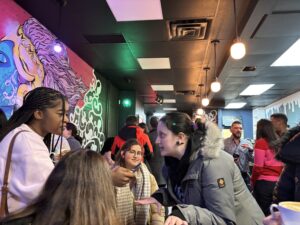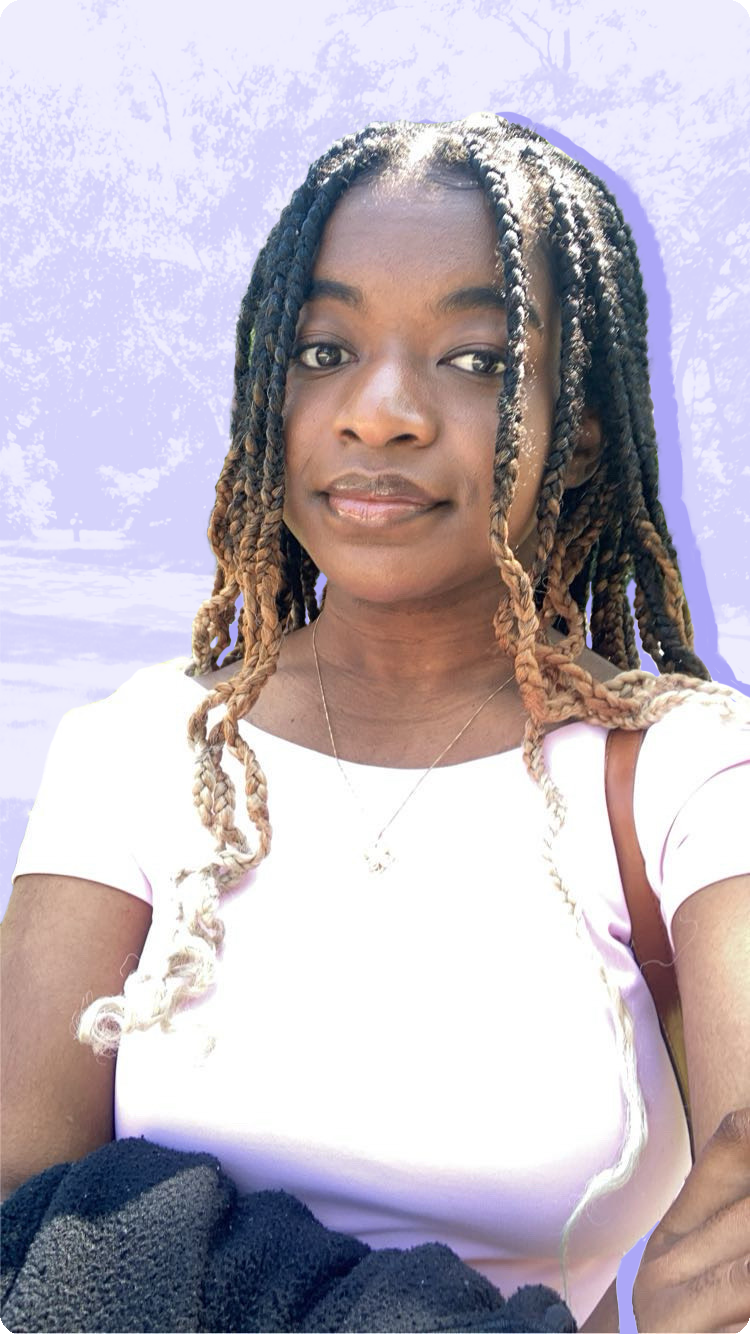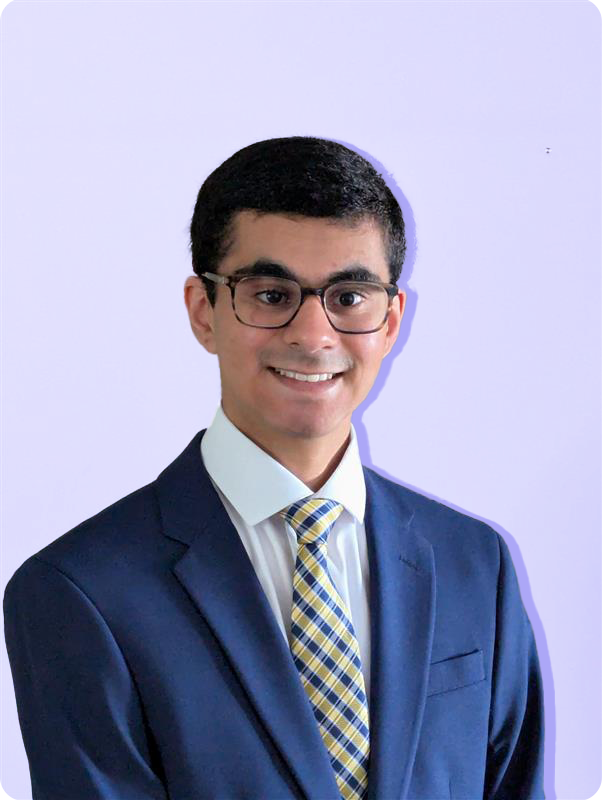There’s a distinct lack of diversity in Canadian journalism. Only about 4% of Canadian journalists are Black and about two-thirds of newsrooms have no BIPOC in top leadership positions. Despite all this, I have long felt inspired to work as a journalist and do good journalistic work.
My dream has always been to tell stories.
Are you ready to support your child's dreams?
Growing up Black in a predominantly white suburb, my childhood was rife with racism, microaggressions, and the general other-ing that often comes with being a minority. At times, there was a lot that I wanted to escape from.
As a child, I was most interested in writing fictional stories — creating worlds and making up people. Back then, writing was not only my preferred mode of expression but also an escape from my reality.
Eventually, I decided there was far more strength in facing these things head-on than in shying away from them. Rather than immerse myself in imaginary worlds, I decided to realize my potential in my own reality. After all, people could only speak empty words against me, not make prophecies. Only I held the ability to shape my future. I was the author of my own story.
So, while writing remained an important release for me, it stopped being a crucial and necessary escape.
In high school, my love for writing extended to non-fiction subjects. I began to appreciate the toil of a well-crafted research essay, and I increasingly sought out articles and papers on topics I knew little about.
While I didn’t know concretely what I wanted to do, I knew two things for certain: one, I wanted to continue writing, and two, I wanted to pursue a career that would make a positive impact on the world.
Journalism, I thought, could satisfy both these requirements. As a journalist, I would still be telling stories, just as I did as a child, but these stories would be genuine truths of the people.
Obtaining a bachelor’s degree in journalism or a related subject is the most common way to become a journalist in Canada.
My mother, who put herself through nursing school through many loans and her own hard work, wanted me and my sister to avoid the financial strain, so she opened RESP accounts for us when we were very young. Having a RESP was a necessity in even approaching my dream.
If it weren’t for my RESP, there wouldn’t be enough money for me to attend university. While I do get some funding from OSAP, it doesn’t cover my entire tuition and my parents don’t have enough of their own savings to pay for the rest. Without a RESP, I likely would have had to take out additional loans or work more hours during the school year.
With the support of my RESP, I chose to study at Carleton University, which is known for its competitive and prestigious school of journalism. However, I am not only studying journalism; I am pursuing a combined honours in journalism and humanities. While journalism classes focus on reporting and professional writing, humanities classes cover a wide breadth of subjects, including religion, philosophy, arts, music and literature.
Moving your RESP to Embark can earn your a 2% bonus.
During a class visit, working journalists painted a rather grim picture of their daily realities. They spoke about how journalism today is a lot less funded than in prior decades, leading to less job certainty and how the advent of social media has made speed an even greater priority in reporting — sometimes to the loss of quality. They also detailed how their mental health has suffered from their work as a journalist, due to the rise of anti-journalism sentiments, hate comments, and death threats from the general public.

There is also the historical harm that mainstream journalism has committed to certain communities in Carleton, particularly Indigenous populations. In these instances, journalism exploited and misrepresented these communities and was far more harmful than helpful.
I’ve come to realize that, as with most professions, journalism isn’t an idealistic career and it has its socio-economic challenges. For one, mainstream journalism generally isn’t as much of a vessel for activism as I originally thought. Particularly in Canadian journalism, neutrality reigns over biased language.
Needless to say, I spend a lot of my time in university reading and writing. Though it is very academically challenging, experiences in this program have pushed me to become a much better writer — and, consequently, a better journalist.
I recognize my path is not an easy one. However, it is important to me that I take this on, so I can help give a voice to those who may not have one.
So, the dream is still to tell stories. A different kind of story than when I was younger, sure, but a story nonetheless.
Stories that I hope younger me would be proud to hear me tell.

Embark is Canada’s education savings and planning company. The organization aims to help families and students along their post-secondary journeys, giving them innovative tools and advice to take hold of their bright futures and succeed.


